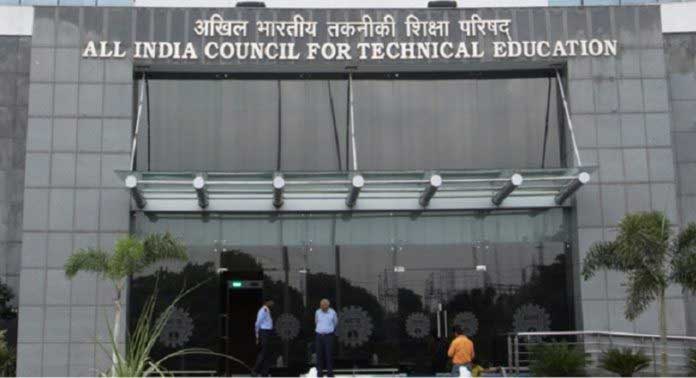American technology giant, IBM on Thursday announced a collaboration with the All India Council of Technical Education (AICTE) and Ministry of Education (MoE) to initiate skills-based training courses on the recently launched National Educational Alliance for Technology (NEAT) 2.0 platform.
The courses on Cloud, Artificial Intelligence (AI), IoT, Quantum Computing, and Data Science will provide industry-relevant, technical job-role-based training for students and faculty. The NEAT 2.0 is a joint initiative from AICTE and the Ministry of Education to provide the best technology courses that will upskill the youth and enhance their employability.
As part of the collaboration, IBM will provide six courses on the NEAT platform from IBM's Skills Academy – a training and certification program designed to bridge the skills gap of learners in colleges and universities worldwide.
Students and faculty will receive hands-on training for a more enriched learning experience, and students will also earn an IBM Digital Certification upon course completion.
“The NEAT 2.0 portal leverages technology to offer the best industry courses that give students adaptive and personalized learning, better learning outcomes, and skill development in niche areas under a common platform. There's a need to make pedagogical systems more learner-centric and we are bringing in industry experts like IBM, with their Skills Academy Courses, to deliver high-quality content directly to colleges and students,” Professor and AICTE chairman Anil Dattatraya Sahasrabudhe said.
According to Sahasrabudhe, the new initiative is a big step towards developing high employability & entrepreneurship, leading to Aatmanirbhar Bharat and will bring revolutionary changes to online learning in India.
Meanwhile, Mona Bharadwaj, Global University Programs Leader, IBM India said, “With technology being the unifier and disruptor of business in the past decade, there has been an accelerated adoption of new-age technologies like Hybrid Cloud, AI, Analytics, quantum computing & IoT even as the demand-supply gap for technology skills continues to widen in India.”
Bharadwaj felt that universities and colleges need to equip their students with 21st-century skill sets that will build career paths for a young workforce.
The International Labour Organization estimates India's skill deficit at 29 million by 2030. A recent IBM Institute for Business Value (IBV) study found that approximately 30% of Gen Z and millennial working professionals plan to enrol in a formal degree, certification, or badging program in 2021.
IBM is also working with multiple government bodies across sectors to incorporate technical and professional skills training as part of curriculums and to provide free digital education through various initiatives.











